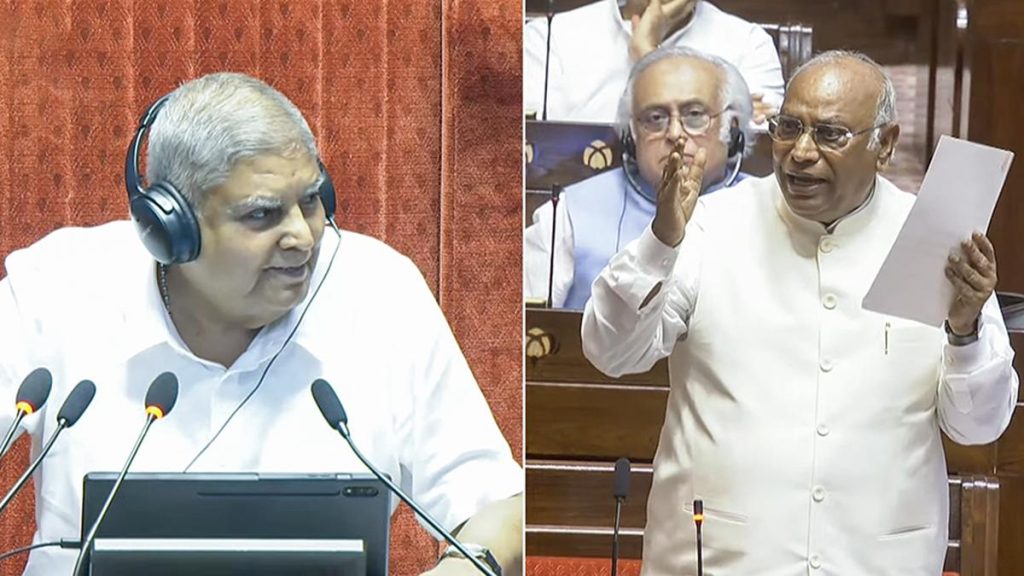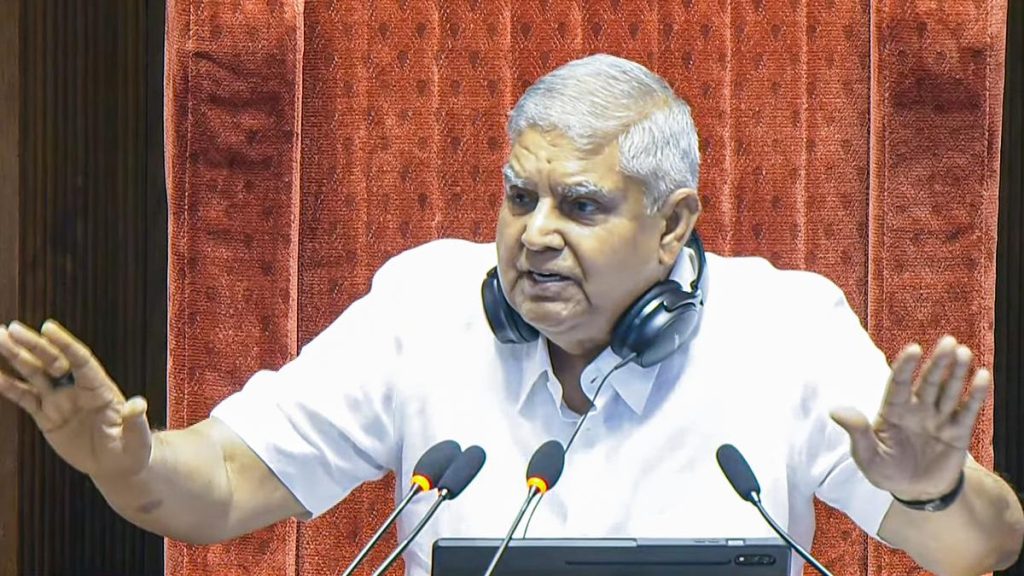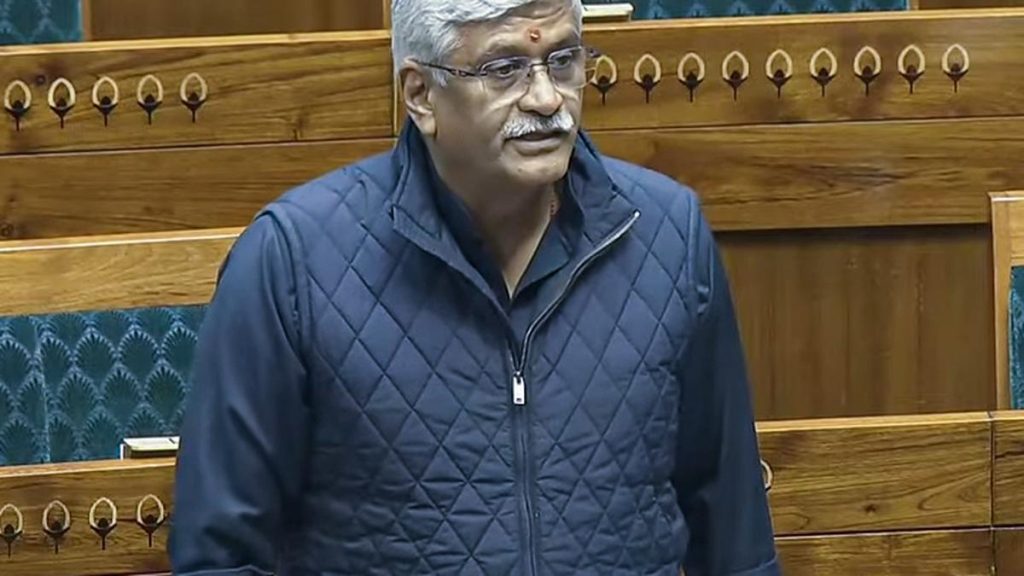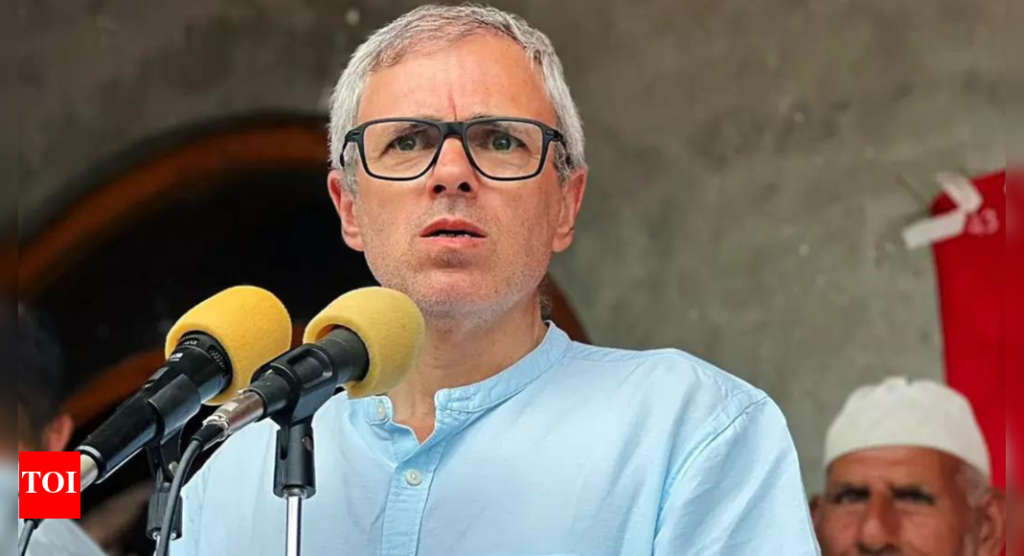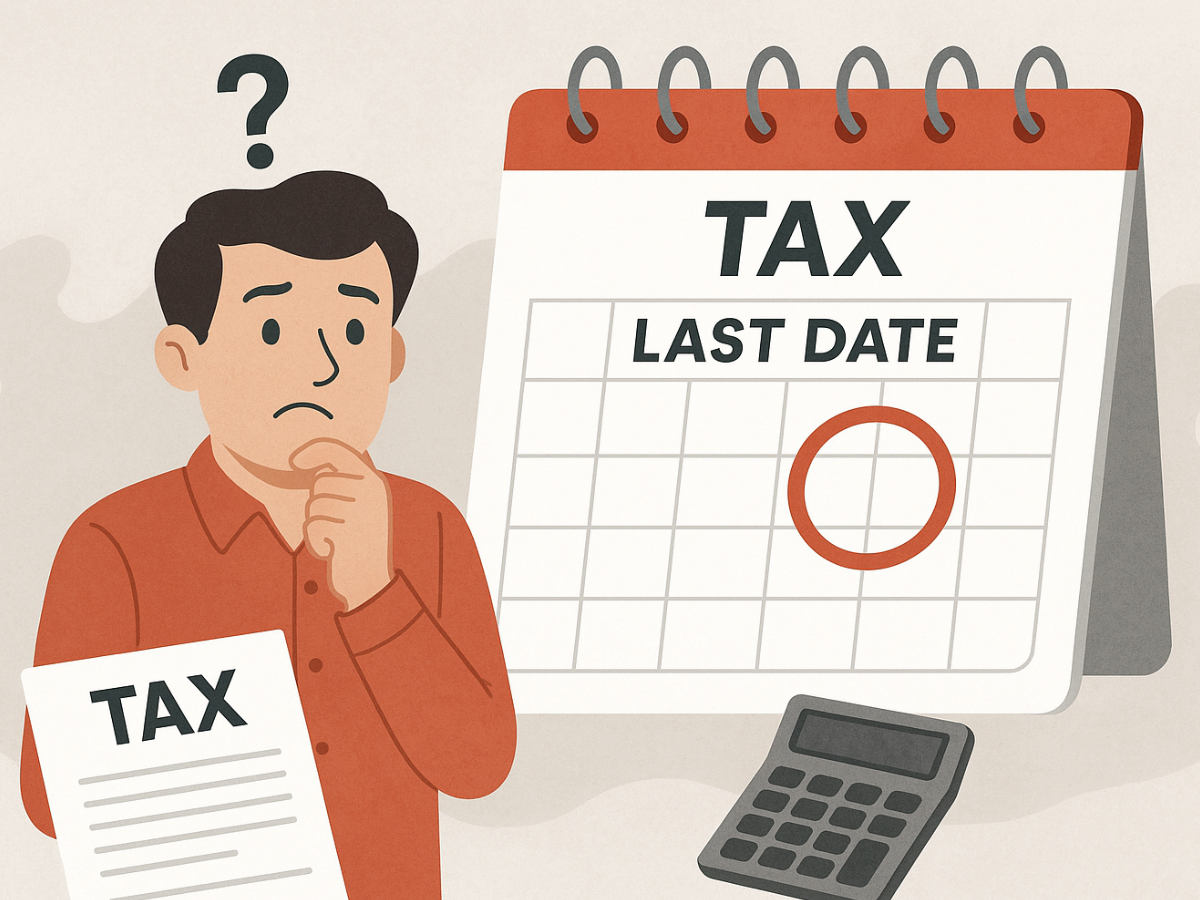Now Reading: HDFC Revises Credit Card Charges Effective July 1
-
01
HDFC Revises Credit Card Charges Effective July 1
HDFC Revises Credit Card Charges Effective July 1

Fast Summary:
- Implementation Date: HDFC Bank will revise credit card transaction charges effective from July 1, 2025.
- Online Gaming Transactions: A 1% fee will apply to monthly gaming spends above Rs 10,000 on platforms like Dream11 and MPL. Fee capped at Rs 4,999/month; no reward points for gaming transactions.
- Wallet Loading Charges: Transactions exceeding Rs 10,000/month for loading wallets like PayTM or Mobikwik will incur a 1% fee, capped at Rs 4,999/month.
- Utility payments:
– Consumer cards spending >Rs 50,000 and business cards >Rs 75,000 in utility bill payments will be charged a 1% fee, capped at Rs 4,999/month.
– insurance-related payments are exempt from fees but subject to reward point capping by card type (Infinia cap: Rs.10K; Diners Black cap: Rs.5K; others as per product features).
- Other Spending Categories Caps Revised:
– Rent payments maintain the existing 1% fee with a top limit of Rs.4,999/transaction.
– Fuel transactions attract fees only if above specific thresholds (e.g., >Rs15K or >Rs30K).
– Education expenses incur charges through third-party apps but remain free when paid directly via institution websites/POS machines.
Indian Opinion Analysis:
HDFC Bank’s upcoming changes reflect a nuanced recalibration in its credit card policy aimed at balancing profitability with consumer spending habits in categories experiencing rapid growth-such as online gaming and digital wallet usage. By placing caps on transaction fees across prevalent spending areas like rent and fuel while introducing new charges for high-value expenditures on utilities or wallets beyond specific limits, the bank is signaling increased vigilance over cost allocation.
For customers accustomed to generous reward points systems for insurance and other essential categories, these revisions might necessitate adjustments in financial planning-especially given the tiered capping tied to specific card variants. The policy aligns with broader industry trends where banks rationalize costs amid evolving consumer preferences toward digital spending platforms.
While the cap limits ensure clarity and fairness compared to unrestricted processing fees that could discourage usage outrightly across high-spending thresholds – drawing implications reducing economic stalling/reward ecosystem moderation indirectly amongst payment needs scope clavities unchanged low.
Read More


